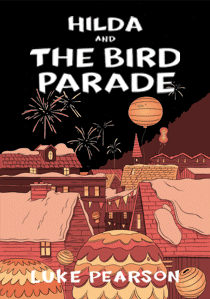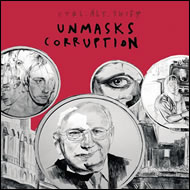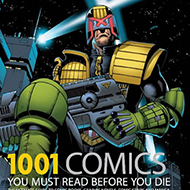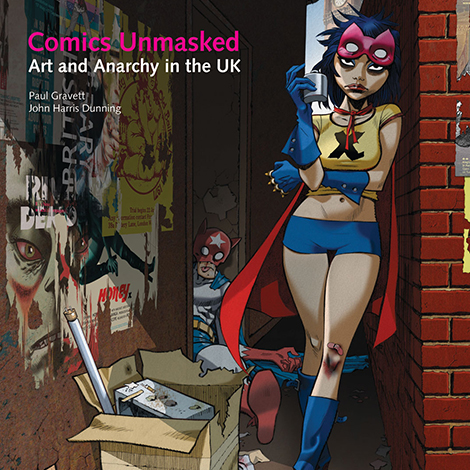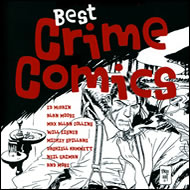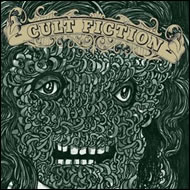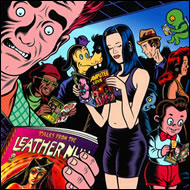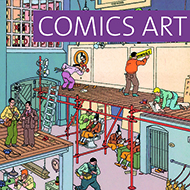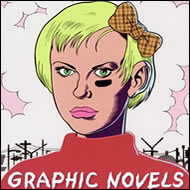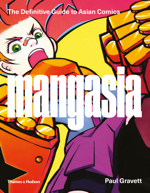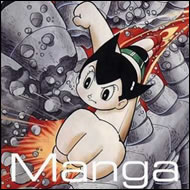Hostage:
How Do You Survive When All Hope Is Lost?

Canadian Québécois cartoonist Guy Delisle’s acclaim since 2000 has been based on his autobiographical reportages, from an inquisitive outsider’s perspective, about his times spent in the politically sensitive locations of Shenzen, Pyongyang, Burma and Jerusalem. On a lighter domestic note, in his recent trilogy of vignettes he wittily exposes the lessons of becoming a father. Hostage marks a departure, as Delisle takes a back seat to interpreting someone else’s extraordinary lived experiences. His subject and narrator is Christophe André, bearded, bespectacled, French, thirty, chubby, peaceable, on his first job in the humanitarian sector, working for the NGO Médecins Sans Frontières, like Delisle’s wife, through whom they met in 2001.

In 1997, Christophe was an administrator in the town of Nazran in Ingushetia, a Russian republic west of Chechnya, where he was seized from his bed by four men in the small hours of July 2nd. Initially he presumes they want him to unlock the office safe full of cash, but when they drive him off into the countryside, he imagines the worst. “I needed to stay calm. No more making up scenarios… or jumping to conclusions. Not so easy.” Indeed, his resolve to maintain sanity and hope will be tested almost to breaking point. The reader knows that Christophe survived: an image of him relating his tale to Delisle opens the book. Some rescue or escape will come, but as we are drawn through this book’s over four hundred pages, we share his anguished waiting and wondering when and how. It becomes clear that chapters are not numbered one by one, but by the increasing number of days he has been held so far.

Hostage was fifteen years in the making, while Delisle struggled to find the right tone and focus, abandoning an early draft which lurched into action-movie sensationalism. His solution was to edit and pace as many panels and pages as he needed for the reader to get inside Christophe’s head. Unable to understand his kidnappers’ language, the solitary prisoner barely speaks a word out loud. Instead, he chooses to stay aloof but compliant towards his captors, who remain unexplained ciphers. The main text to read is his internal first-person narration, mostly in the present tense, fixing him in the tense present. Deprived of conversation, company, exercise and any more than most minimal nutrition and personal care, Christophe cannot know that this slowed purgatory will not end after “two or three days at most”, as he reassures himself upon capture, but an eventual 111 days. And he will keep count of every one: ‘Time is the only thing I’m sure of’. It becomes hard for readers not to speculate how they would cope with such a testing, nerve-shredding ordeal.

As a graphic novelist, presented with mainly a lone, often inactive protagonist and a minimum of settings and props - a series of mostly bare rooms (in one case a claustrophobic closet), a light bulb, a creaking door, a clicking latch, a mattress on the floor, a radiator to which his left hand gets handcuffed, a bucket, a window - Delisle draws each day in cycles of subtle variations, like minimalist music or a staging of a Beckett play. Christophe is his main focus, observing him from moment-to-moment immediacy to extended or indeterminate periods. The time elapsed between three wide-screen panels on one chilling wordless page could be minutes, hours or days. Delisle will also shift his viewpoint, sometimes allowing us to look out through Christophe’s eyes, other times visualising in cartoon shorthand above his head his fanciful escape strategies or his distracting ritual of alphabetic French military history.

Graphically, the tenderly hand-drawn lines convey uncertainty and vulnerability; the palette of muted greys reinforce the physical and mental bleakness. A day’s highlight may be no more than a change of plate for his one meal, the sound of a ball kicked against a wall, a shaft of sunlight traversing a wall, a young boy peeking into the room before his mother snatches him away, finding, saving and finally savouring his first clove of garlic in weeks. More drama and hopes are raised each time he is relocated and a ‘new protocol’ is imposed. The day of his unexpected chance for freedom becomes the final, most dense and intense chapter. Readers will find themselves held hostage to the end by Delisle’s immersive interpretation of one supposedly ordinary man’s extraordinary resilience.

Hostage is translated from French into English by Drawn & Quarterly (North America) and Jonathan Cape (UK).
Posted: August 12, 2017This review originally appeared in edited form in The Times Literary Supplement.

